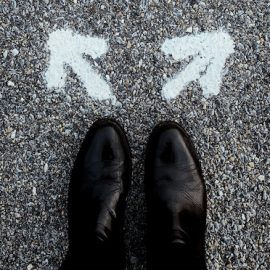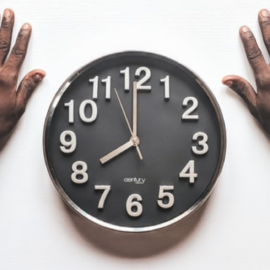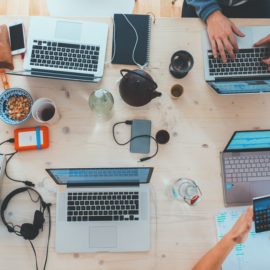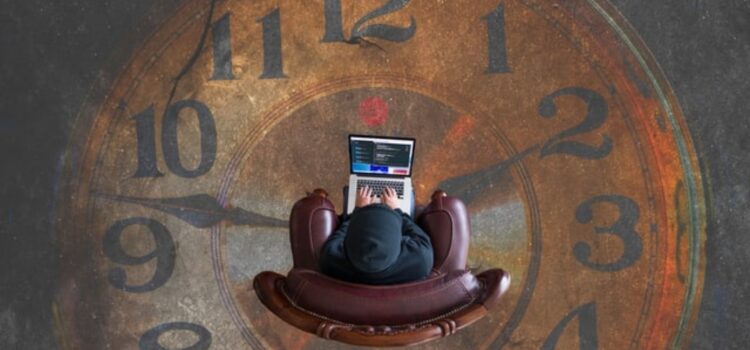
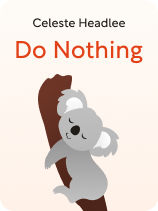
This article is an excerpt from the Shortform book guide to "Do Nothing" by Celeste Headlee. Shortform has the world's best summaries and analyses of books you should be reading.
Like this article? Sign up for a free trial here.
How do you spend your time? What would you discover if you accounted for every minute of your day?
Radio journalist Celeste Headlee made positive changes to the way she lives and works. Now, she shares how you can live a healthier life—with ample leisure and social connection—by being more intentional about how you spend your time.
Continue reading to see how this works and how you can change your relationship with time.
How You Spend Your Time
In Do Nothing, Headlee explains how you can rebel against the productivity culture and get a real life. She encourages you to improve your mindset around productivity and time by increasing your awareness of what you do with the time you have. How do you spend your time each day? Headlee says that, by keeping a log of how you spend your minutes and hours, you’re likely to discover that you have more time than you thought you had to get everything done. Realizing that you do have enough time to get all the essentials done will greatly reduce your stress levels and anxiety around time. It might also help you pinpoint aspects of your schedule you’d like to change—for example, if you notice that you spend far more time on social media or writing emails than you thought you did.
(Shortform note: In Awaken the Giant Within, Tony Robbins recommends different approaches to changing your perspective on time to reduce anxiety. One technique is to change the time frame you’re thinking about when you’re feeling stressed. For example, when you’re overwhelmed by the tasks at hand in the present, shift your thoughts to the future (when you’ll have everything done). Or when you’re worried about the future, focus on what you can do proactively in the present. Robbins supplements strategies to change your mindset around time with time management strategies, such as prioritizing important tasks over urgent ones.)
The next mindset shift Headlee describes is focusing on larger goals rather than the steps you take to achieve the goals. She explains that we often get too caught up in a goal’s metrics or stepping stones, to the point that we forget about the ultimate reason for doing something.
For example, perhaps you want to feel healthier, so you start a strict yoga class regimen. However, if missing a session makes you feel stressed, or you force yourself to go even when you don’t feel physically up for it, the activity can become counterproductive to your initial goal. Instead, it might be better for your health to keep the class schedule flexible and take days off when your body needs rest. Headlee says that while metrics can be helpful, remember that there are many ways of reaching a goal, so focus on what’s important to you in the long term.
(Shortform note: In the business industry, the phenomenon that Headlee describes is also referred to as “surrogation”—when you conflate a metric with your overall strategy. In this context, the company might have an overarching goal to improve customer satisfaction, which it decides to measure using customer surveys. However, if the metric itself becomes a high-stakes target for employees, it may lead to unethical behavior of falsifying data or could lead to employees pestering the customers to respond to surveys, which decreases customers’ satisfaction with the company. Some experts recommend avoiding this by using multiple metrics for each larger strategy and decreasing the link between incentives (such as bonuses) and metrics.)

———End of Preview———
Like what you just read? Read the rest of the world's best book summary and analysis of Celeste Headlee's "Do Nothing" at Shortform.
Here's what you'll find in our full Do Nothing summary:
- How our fast-paced world is causing us to work less efficiently
- How the culture of overworking has led to social isolation and poor health
- How to embrace true leisure to live a happier and healthier life

